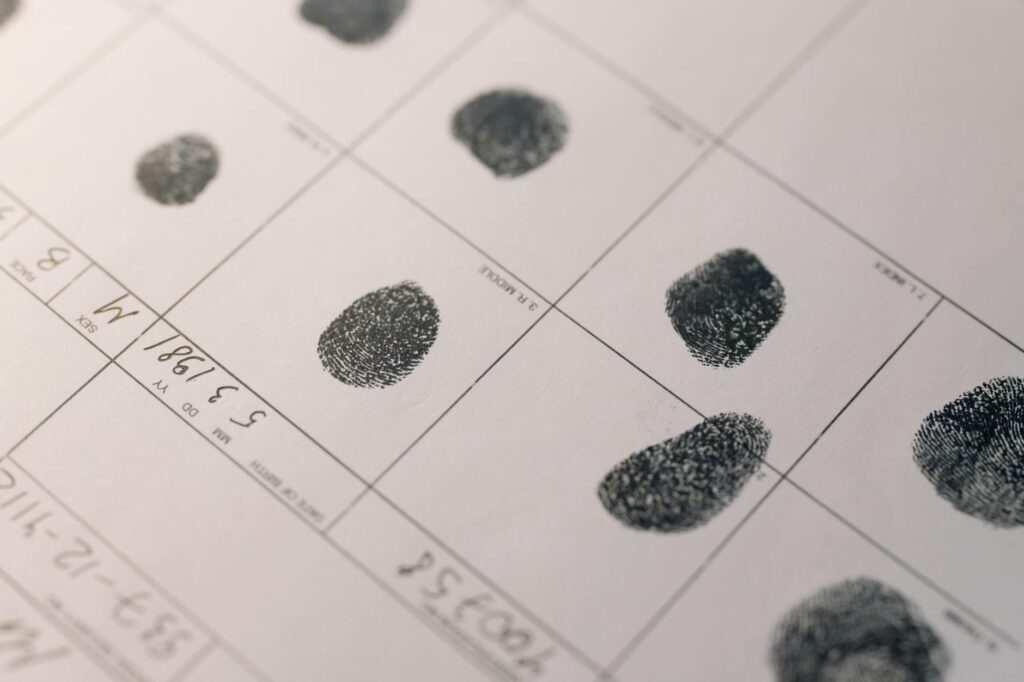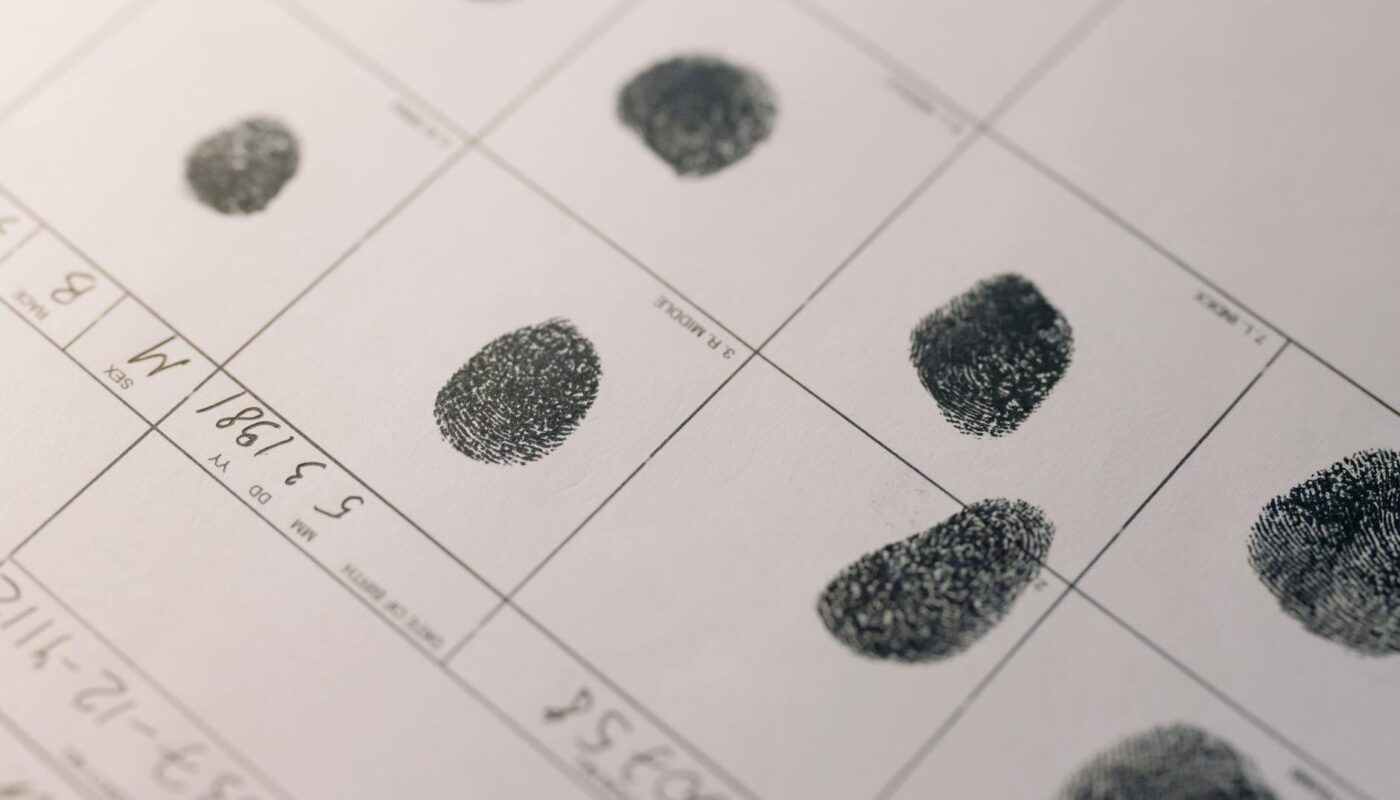Identity theft is a serious crime that can have devastating consequences. It’s crucial to understand how it happens and take proactive steps to protect yourself and your loved ones. This guide provides practical tips and strategies to safeguard your personal information and minimize your risk.
Understanding Identity Theft
Identity theft occurs when someone uses your personal information—like your name, Social Security number, credit card details, or driver’s license—without your permission to commit fraud or other crimes. This can lead to financial losses, damage to your credit score, and even legal problems. Understanding the various methods used by thieves is the first step towards effective protection. 
Protecting Your Personal Information
Strong passwords and multi-factor authentication are crucial. Avoid using easily guessable information and consider using a password manager like this one to generate and store complex passwords. Regularly review your credit reports from the three major credit bureaus (Equifax, Experian, and TransUnion) to identify any suspicious activity. Shred sensitive documents before discarding them, and be cautious about sharing personal information online or over the phone.
Monitoring Your Accounts
Regularly check your bank statements, credit card bills, and other financial accounts for any unauthorized transactions. Set up alerts for any unusual activity. Consider using identity theft protection services that monitor your credit reports and alert you to potential threats. Knowing what to look for and acting quickly are key components of mitigation.
Securing Your Devices
Keep your software updated on all your devices, including computers, smartphones, and tablets. Use strong passwords and consider using a VPN for added security when using public Wi-Fi. Install reputable antivirus and anti-malware software and keep it running. A proactive approach to securing your devices can drastically reduce your vulnerability. 
Responding to Identity Theft
If you suspect you’ve been a victim of identity theft, act quickly. Contact your financial institutions immediately to report fraudulent activity and freeze your credit reports. File a police report and contact the Federal Trade Commission (FTC) to report the crime. Following these steps will help minimize further damage and aid in recovery. Learn more about the recovery process.
Staying Vigilant
Protecting yourself from identity theft is an ongoing process. Staying informed about new threats and best practices is crucial. Review your security measures regularly and adapt your strategies as needed. Consider seeking professional help from a financial advisor to manage and protect your finances. [IMAGE_3_HERE] Being proactive and vigilant is the best defense against this pervasive crime. Check out our resources page for further information.
In conclusion, protecting yourself from identity theft requires a multi-faceted approach combining vigilance, proactive security measures, and prompt response. By following these steps, you can significantly reduce your risk and safeguard your personal information.
Frequently Asked Questions
What is the best way to monitor my accounts for suspicious activity? Set up online alerts for all your financial accounts and review your statements regularly. Look for any unusual transactions or accounts you don’t recognize.
What should I do if I think my identity has been stolen? Immediately contact your banks and credit card companies to report any fraudulent activity and place a fraud alert on your credit reports. Then file a police report and contact the FTC.
What is the role of credit monitoring in preventing identity theft? Credit monitoring services can help detect suspicious activity on your credit reports, alerting you to potential identity theft attempts. However, they don’t prevent theft entirely; they are only one part of a broader protection strategy.
How can I protect my personal information online? Be cautious about sharing personal data online, use strong passwords and multi-factor authentication, and regularly update your software and apps. Avoid clicking suspicious links or downloading files from unknown sources.
What is the importance of shredding sensitive documents? Shredding sensitive documents helps protect your information from being stolen from your trash. This is a simple yet effective preventative measure.



